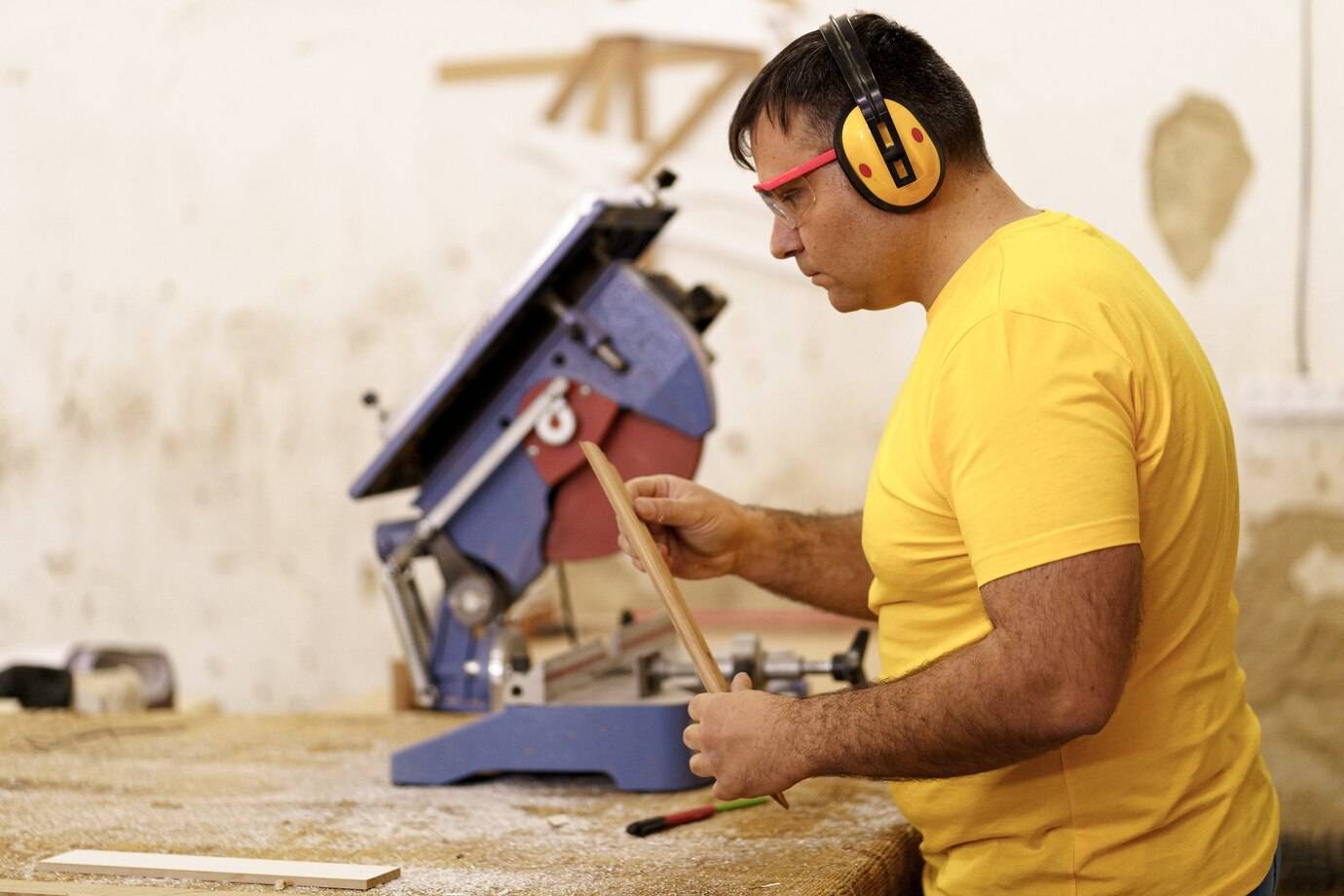
Sexual assault, in its broadest legal context, refers to any sexual activity or attempt at such activity that occurs without the explicit consent of the involved parties. It is a term that encompasses a variety of acts, including but not limited to, rape, attempted rape, child molestation, and unwanted sexual touching. For example, forcing someone into a sexual act by threat or physical coercion, or engaging in sexual activity with someone who is incapable of giving consent due to incapacitation by alcohol, drugs, or mental condition, are instances that qualify as sexual assault. However, the specific legal definition and understanding of sexual assault can vary significantly across different jurisdictions. Some places may categorize certain acts as indecent assault, sexual battery, or use other specific terms, demonstrating the diverse legal landscape surrounding this crime.
Understanding the legal jargon associated with sexual assault is important for several reasons. For victims, this knowledge can be empowering, helping them to understand their rights and the resources available to them, guiding them through the complex and often daunting legal process. For the wider public, comprehension of these legal terms enhances social awareness, drives informed discussions, and aids in the propagation of a supportive environment for survivors. This article gives an overview of the complexities of legal terminology, processes, and practices related to sexual assault cases. This article provides clarity on what these terms mean, how they are applied in court proceedings, and the legal rights of victims.
Key Legal Terms in Sexual Assault Cases
Consent
Consent refers to the voluntary agreement to engage in sexual activity. In sexual assault cases, the presence or absence of consent becomes a crucial determining factor of guilt or innocence. A key principle to remember is that consent can be withdrawn at any time, and past consent does not guarantee future consent.
Aggravated Sexual Assault
Aggravated sexual assault is generally considered a more severe form of sexual assault, often involving additional elements such as the use of weapons, multiple assailants, or causing serious bodily harm to the victim.
Statute of Limitations
The statute of limitations refers to the legal timeframe within which a sexual assault case can be reported and prosecuted by a sexual assault lawyer. This varies across jurisdictions and can greatly impact a victim’s ability to seek justice, especially considering many victims often delay reporting due to various personal and societal factors.
Rape Shield Laws
Rape shield laws protect sexual assault victims from having their past sexual behavior or reputation used against them in court. The aim is to prevent victim blaming or character assassination, and to keep the focus on the accused’s actions.
Other Terms
‘In camera’ refers to court proceedings held in private, often employed in sexual assault cases to protect victims’ privacy. ‘Corroboration’ means the provision of supporting evidence to strengthen a party’s claims. ‘Admissible evidence’ refers to any kind of evidence that may be legally and properly introduced in a civil or criminal trial.
Reporting a Sexual Assault
When a sexual assault is reported, it typically begins with the victim contacting the police, a healthcare provider, or a local sexual assault service provider. These institutions document the incident, preserve evidence, and initiate the formal complaint process.
Criminal Investigations
During a criminal investigation, the police gather evidence, which can include a victim’s testimony, witness statements, physical evidence (collected during a forensic examination), and any other relevant information. The evidence establishes the facts of the case and determines if there is enough basis to charge the alleged perpetrator.
Legal Proceedings
If there is sufficient evidence, the case proceeds to legal proceedings, starting with charges filed against the accused. The accused then enters a plea (guilty or not guilty). If a not guilty plea is entered, the case proceeds to trial where the prosecution and defense present their cases before the judge (and in some cases, a jury).
Roles of Key Players
The prosecutor represents the state and seeks to prove the guilt of the accused. The defense attorney represents the accused, challenging the prosecution’s evidence and offering defenses. The judge oversees the process, ensuring the law is followed, and makes the final verdict (in non-jury trials). The victim advocate supports the victim throughout the process, providing emotional support, explaining proceedings, and helping navigate the legal system.
Victims Rights
These rights may vary by jurisdiction, but often include the right to privacy, the right to be treated with fairness, respect, and dignity, and the right to be informed about the proceedings and decisions in their case. Many jurisdictions also provide victims with the right to representation and to have a support person present during proceedings.
Victim advocates provide information, emotional support, and help victims understand the court processes. They can also assist with safety planning and connecting victims to necessary resources like legal assistance, housing, financial aid, and more. Support services can come from local, state, or national organizations, and many offer hotlines for immediate assistance.
Professional counseling can help victims cope with the trauma, process emotions, and rebuild confidence. Support groups also provide a safe space for survivors to share their experiences and feelings, offering a sense of community and understanding.
Understanding the complex legal terminologies, processes, and rights associated with sexual assault cases is a vital step towards empowerment for victims and fostering a more informed society. This knowledge not only demystifies the often intimidating realm of law but also contributes to more productive discussions about sexual violence and the necessary systemic changes. As we continue to educate ourselves and support survivors, we’re advancing towards a future where justice prevails and sexual violence is a thing of the past.







